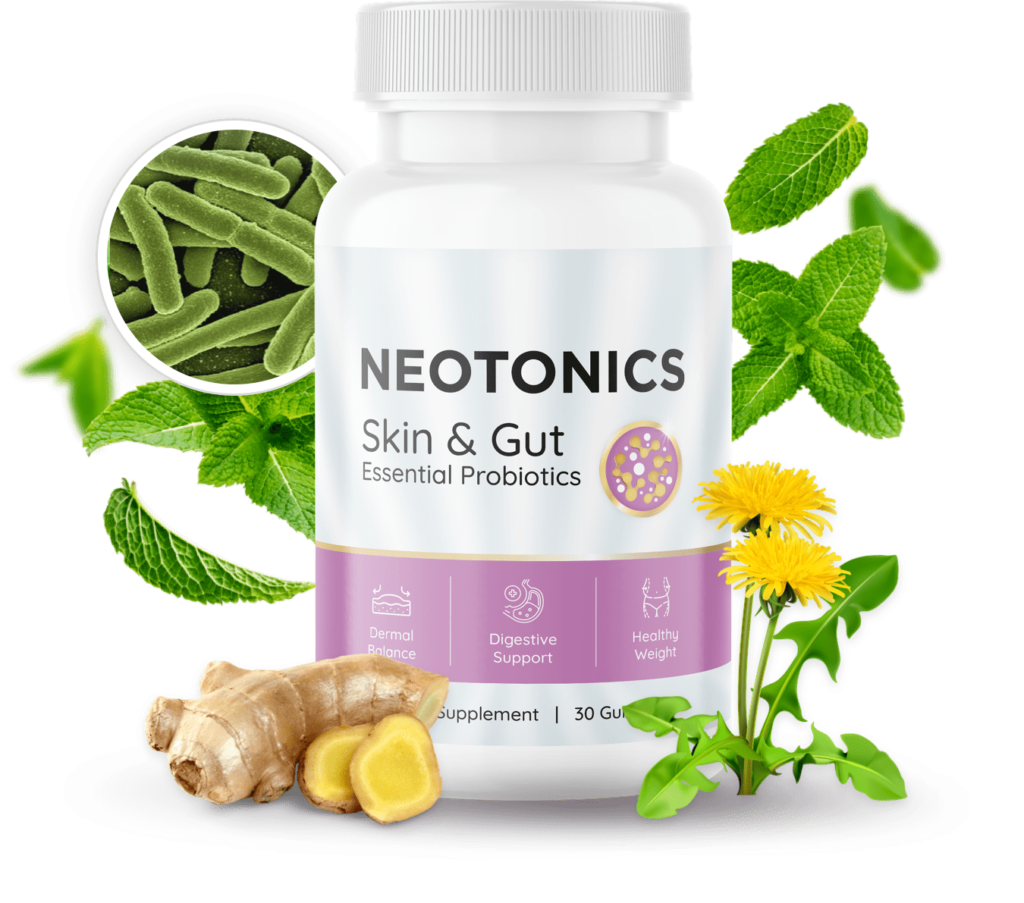As the seasons change and nature awakens, many of us find ourselves battling the dreaded seasonal allergies. The itchy eyes, runny nose, and constant sneezing can make life truly miserable. However, there is hope! By focusing on improving our immune system, we can strengthen our defenses and reduce the impact of allergies on our daily lives. In this blog post, we will explore various ways to enhance our immune system and recommend supplements that can help alleviate allergy symptoms.
One of the first steps in overcoming seasonal allergies is to understand the triggers that cause our immune system to react. Pollen, dust mites, pet dander, and mold spores are the most common allergens that can wreak havoc on our bodies during certain times of the year. By identifying these triggers, we can take proactive measures to minimize our exposure and reduce the severity of our symptoms.
A healthy lifestyle is crucial in strengthening our immune system and reducing the impact of allergies. Regular exercise, a balanced diet, and adequate sleep are all essential components of maintaining a strong immune system. Exercise helps improve blood circulation, which in turn enhances the delivery of nutrients and oxygen to our cells, including those responsible for fighting allergens. A diet rich in fruits, vegetables, and whole grains provides the necessary vitamins and minerals that support immune function. Additionally, getting enough sleep allows our bodies to rest and repair, optimizing our immune response.
Supplements can also play a significant role in alleviating allergy symptoms and boosting our immune system. Vitamin C is known for its antihistamine properties and can help reduce the severity of allergic reactions. Quercetin, a natural compound found in fruits and vegetables, has been shown to inhibit the release of histamine, a chemical that triggers allergic symptoms. Probiotics, commonly found in yogurt and fermented foods, can improve gut health and enhance our immune system’s ability to fight off allergens.
In conclusion, seasonal allergies may be a misery, but they are not unbeatable. By focusing on improving our immune system through lifestyle changes and incorporating the right supplements, we can minimize the impact of allergies on our daily lives. Remember, prevention is key, so taking proactive measures to reduce exposure to allergens is crucial. With the right approach and a little perseverance, we can overcome seasonal allergies and enjoy the beauty of each season without the constant discomfort.
Understanding the Immune System
Before we dive into the ways to boost our immune system, let’s take a moment to understand what it is and how it works. The immune system is a complex network of cells, tissues, and organs that work together to defend our body against harmful pathogens, such as viruses, bacteria, and allergens. When our immune system is strong and functioning optimally, it can identify and eliminate these invaders effectively.
However, sometimes our immune system can become overactive and mistakenly react to harmless substances like pollen, dust, or pet dander, triggering an allergic response. This hypersensitivity leads to the uncomfortable symptoms we experience during allergy season.
During an allergic response, the immune system releases chemicals such as histamine, which causes inflammation and irritation in various parts of the body. This can result in symptoms like sneezing, itching, watery eyes, and congestion. Allergies can range from mild to severe, with some individuals experiencing life-threatening reactions known as anaphylaxis.
To further complicate matters, our immune system can also become weakened or compromised, making us more susceptible to infections and diseases. Factors such as poor nutrition, chronic stress, lack of sleep, and certain medical conditions can all contribute to a weakened immune system.
When our immune system is compromised, it may not be able to effectively fight off pathogens, leading to frequent illnesses and prolonged recovery times. This can have a significant impact on our overall health and well-being.
Fortunately, there are several ways we can support and strengthen our immune system. Adopting a healthy lifestyle that includes a balanced diet, regular exercise, adequate sleep, and stress management can all contribute to a robust immune system. Additionally, certain supplements and natural remedies can provide a boost to our immune system, helping to ward off infections and promote overall wellness.
It is important to note that while these strategies can be beneficial in supporting our immune system, they are not foolproof. It is still essential to practice good hygiene, such as washing hands regularly, avoiding close contact with sick individuals, and staying up to date with vaccinations.
By understanding how our immune system works and taking proactive steps to support it, we can enhance our body’s natural defense mechanisms and improve our overall health and well-being.
6. Limit Alcohol Consumption
Excessive alcohol consumption can weaken the immune system and make us more susceptible to allergies and infections. Alcohol can disrupt the balance of gut bacteria, impair the production of immune cells, and decrease the effectiveness of the immune response. It is important to consume alcohol in moderation or avoid it altogether to maintain a strong immune system.
7. Quit Smoking
Smoking not only damages the lungs but also weakens the immune system. The chemicals in tobacco smoke can impair the function of immune cells, making it harder for the body to fight off allergens and infections. Quitting smoking is one of the best things you can do to improve your immune system and overall health.
8. Practice Good Hygiene
Yeah, believe it- its make difference
Practicing good hygiene is crucial for preventing the spread of allergens and infections. Wash your hands frequently with soap and water for at least 20 seconds, especially before eating or touching your face. Avoid close contact with sick individuals and cover your mouth and nose with a tissue or your elbow when coughing or sneezing. These simple hygiene practices can go a long way in protecting your immune system.
9. Consider Supplements
In addition to a healthy diet, certain supplements can support immune function. Consult with a healthcare professional to determine if you could benefit from supplements such as vitamin C, vitamin D, zinc, or probiotics. It is important to note that supplements should not replace a balanced diet but can be used as a complement to support a strong immune system.
10. Stay Up to Date with Vaccinations
Vaccinations are a crucial tool in preventing infections and strengthening the immune system. Make sure you are up to date with recommended vaccinations, such as the flu shot, to protect yourself from common allergens and viruses. Consult with your healthcare provider to determine which vaccinations are appropriate for you based on your age, health condition, and lifestyle.
By incorporating these lifestyle changes, you can significantly improve your immune system’s ability to combat allergies and other health challenges. Remember, a strong immune system is your body’s best defense against allergens and infections, so prioritize your health and well-being.
Supplements to Support Your Immune System
In addition to adopting a healthy lifestyle, certain supplements can provide an extra boost to your immune system and help alleviate allergy symptoms. Here are some supplements that have shown promise in supporting immune health:
1. Vitamin C
Vitamin C is a powerful antioxidant that helps strengthen the immune system and reduce the severity of allergic reactions. It supports the production of white blood cells and antibodies, which are essential for fighting off allergens. You can find vitamin C in various fruits and vegetables, such as oranges, strawberries, bell peppers, and broccoli. If you struggle to meet your daily requirement through diet alone, consider taking a vitamin C supplement.
2. Quercetin
Quercetin is a natural compound found in many fruits, vegetables, and grains. It has anti-inflammatory and antihistamine properties, making it effective in reducing allergy symptoms. Quercetin helps stabilize mast cells, which release histamine during an allergic reaction. By preventing excessive histamine release, quercetin can help alleviate symptoms like sneezing, itching, and congestion. Look for a quercetin supplement from a reputable brand.
3. Probiotics
Probiotics are beneficial bacteria that support a healthy gut microbiome. A strong gut microbiome is linked to a robust immune system. Probiotics help regulate immune responses and reduce inflammation, making them useful for managing allergies. Look for a high-quality probiotic supplement that contains a variety of strains, including Lactobacillus and Bifidobacterium.
4. Omega-3 Fatty Acids
Omega-3 fatty acids, commonly found in fatty fish like salmon and mackerel, have anti-inflammatory properties that can help reduce allergic reactions. They support the production of anti-inflammatory compounds in the body and help balance the immune response. If you don’t consume fish regularly, consider taking an omega-3 supplement derived from fish oil or algae.
5. Bromelain
Bromelain is an enzyme found in pineapples that has been shown to have anti-inflammatory and immune-modulating effects. It can help reduce nasal swelling and congestion associated with allergies. Bromelain supplements are available in capsule or tablet form and can be taken alongside other allergy medications.
While these supplements can be beneficial for supporting immune health and managing allergies, it’s important to remember that they should not replace a healthy diet and lifestyle. It’s always best to consult with a healthcare professional before starting any new supplement regimen, especially if you have underlying health conditions or are taking medication.
In addition to supplements, there are other natural remedies and lifestyle changes that can help support your immune system and alleviate allergy symptoms. These include maintaining a balanced diet, getting regular exercise, managing stress levels, getting enough sleep, and avoiding exposure to known allergens.
Remember, everyone’s immune system is unique, and what works for one person may not work for another. It’s important to listen to your body and make informed decisions about your health. If you’re experiencing severe or persistent allergy symptoms, it’s always best to seek medical advice from a healthcare professional.
Important Note:
While these supplements hold promise, it’s important to remember that research on their effectiveness in managing allergies is ongoing. Additionally, some supplements can interact with medications, so always talk to your doctor before incorporating them into your routine.

Neotonics is the only formula that contains 500 million units of extra-strong bacteria and 9 potent natural ingredients that target the root cause of skin aging: the gut microbiome.
(yeah, this is a link to view the product and buy if you like it 😁 – SmartSalesDeal Guarantee of safety)





